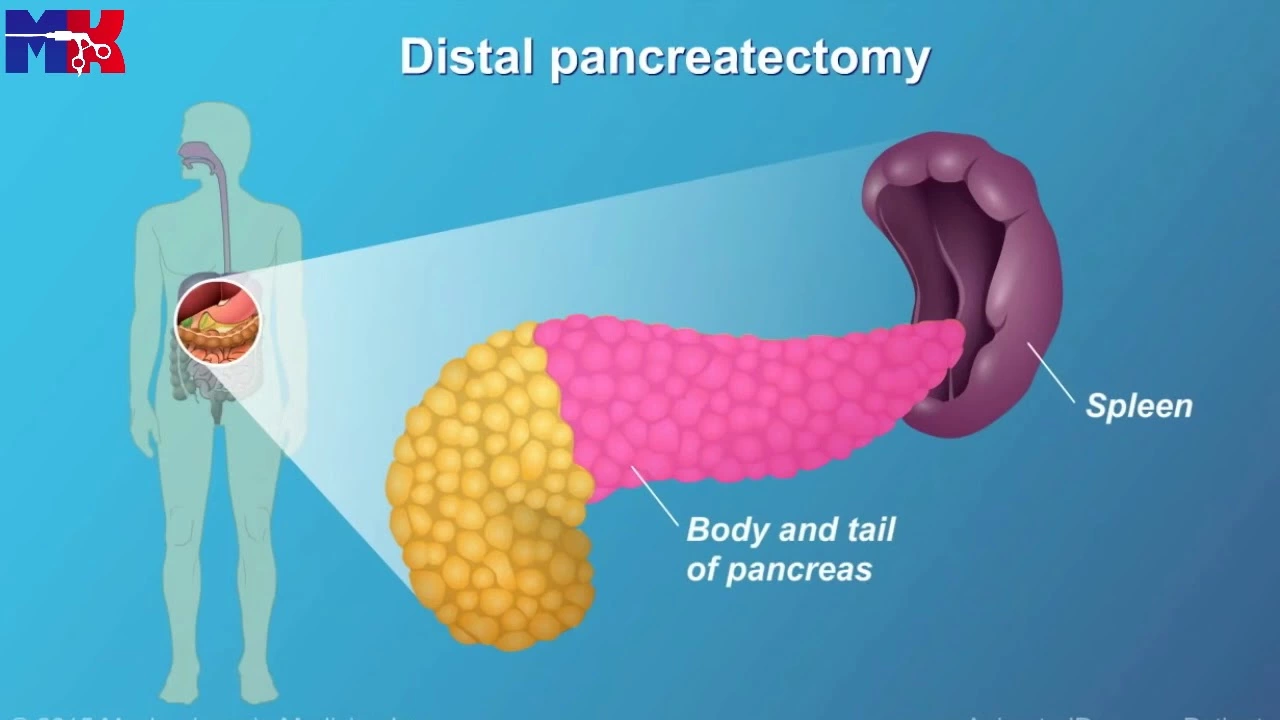Understanding Medicines: Simple Guides to Safer Choices
Confused by drug names, side effects, and online pharmacies? You're not alone. This tag collects straight-talking guides that help you understand how medicines work, how to buy them safely, and what alternatives or supplements really do. Expect clear tips, checklists, and real-world examples you can use today.
First, know the drug's purpose. Prescription names often hide what they do. Read the first paragraph on a leaflet or the drug's info page: it should tell you the main use, typical dose, and who should avoid it. If a source only lists benefits and no risks, be cautious - good guides mention side effects, interactions, and monitoring needs.
Buying medicines safely online
Online pharmacies can save money, but they vary wildly. Pick pharmacies that ask for a prescription, show a real business address, and provide a phone number you can call. Avoid sites with prices that sound too good to be true or those that offer controlled drugs without any doctor's input. Use a credit card or trusted payment service to keep a record of your orders.
Check reviews outside the site—search for complaints, but focus on patterns, not single bad posts. Look up pharmacy verification services or national licensing where possible. If a pharmacy ships from another country, expect different rules and slower customer service. For critical meds like warfarin or methotrexate, keep your regular clinic in the loop before changing how you order them.
Alternatives, side effects, and practical tips
Want an alternative to a common drug? Doctors choose alternatives based on what you need treated, side effect risk, and other meds you take. For pain and nerve conditions, several non-gabapentin options exist - but each has trade-offs. Natural supplements like couch grass or Maral root might help energy or digestion, but they're not regulated like prescription drugs. Tell your clinician about all supplements; some interact with prescriptions.
Watch for withdrawal and monitoring needs. Antidepressants like venlafaxine can cause withdrawal symptoms if stopped suddenly. Blood thinners like warfarin need regular testing and diet attention. Keep a medication list that includes dose, reason, start date, and your prescriber's name. That list is gold in emergencies or when switching pharmacies.
Finally, save money without risking safety. Use coupon cards, ask about generics, and compare pharmacy prices. If considering an online option to save on drugs, run the safety checks first. Your health is worth a few extra minutes of caution.
Interactions are common and often sneaky. Before adding a new drug or supplement, run a quick interaction check online or ask your pharmacist. For example, switching from prednisolone to methotrexate for inflammatory disease requires planning: doctors often taper steroids while starting methotrexate and monitor blood counts and liver tests. Don't stop one medicine and start another without medical advice - small timing mistakes can cause big problems.
Quick checklist before you buy or change a medicine: 1) Know the exact drug name and dose. 2) Confirm why you need it and who prescribed it. 3) Read the main side effects and any monitoring needed. 4) Check interactions with current meds and supplements. 5) Verify the pharmacy's credentials and payment safety. 6) Keep records of prescriptions, receipts, and shipping details. Following these steps cuts risk and keeps your treatment on track.
If you're ever unsure, call your clinic or pharmacist - a quick question can prevent serious mistakes and save stress.

Pancreatic Cancer and Ethnicity: Understanding the Differences in Risk
As a blogger, I am compelled to shed light on the topic of pancreatic cancer and its varying risk factors, particularly in relation to ethnicity. It is essential to understand that different ethnic groups experience diverse levels of risk when it comes to this devastating disease. Research has shown that African Americans, for instance, have a higher incidence of pancreatic cancer compared to other ethnic groups. Additionally, genetic predispositions, environmental factors, and lifestyle choices play a significant role in determining one's risk for developing this form of cancer. By understanding these differences, we can work towards better prevention, early detection, and treatment methods tailored to individual needs.
Read more